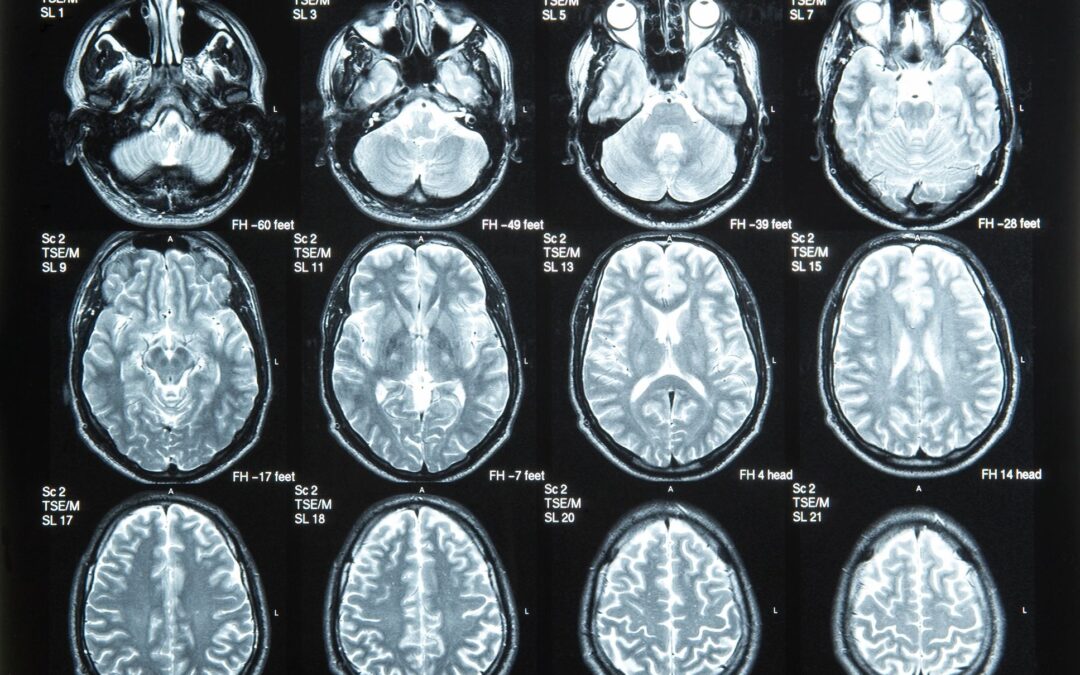Persistent post-concussive symptoms, or postconcussion syndrome (PCS) is a term used for when concussion symptoms persist for much longer than the standard 7-10 days average recovery period. These symptoms can include problems with concentration and memory, headaches, dizziness, and other symptoms.
PCS in veterans can be very common due to the exposures that come with being a service member. Service members are expected to encounter bomb blasts, vehicular crashes, and combat situations. This can result in persistent exposure to potential brain-injury causing accidents. The more one is exposed to these types of environments, the more at risk they are for developing any brain injury, including post concussion syndrome. Continue reading to find out more about this syndrome, and what service members can do to get the help and support they need.
What is post-concussion syndrome?
When someone receive a blow to the head, or any sort of extreme force that causes their brain to rattle in their brain, this can cause a concussion. A concussion is the injury to your brain caused by the mechanical and chemical changes that take place after the brain has moved violently within the cranium. There is an irreversible injury to the brain and a reversible injury that consists of toxic metabolites and fluid congestion in the brain.
Normally, with rest and a step-by-step return to normal activity, most people recover from a concussion in about a week or two. Children take longer, but most adults can resume normal activities symptom free less than a month after their diagnosis.
However, for a small group of concussive patients,their symptoms do not resolve and persist for weeks and months. To date, it is not understood why this happens with some and not others, but it is is common enough that people should be aware that this can happen.
Symptoms of a concussion
Concussive symptoms are hard to diagnose and vary person to person. A diagnosis of a concussion is normally clinical, meaning there is no direct test that can diagnose you with it. There are some measurements that certain clinicians try to assess as a baseline, but there is still not a single modality that can definitively diagnoses a consussion and its resolution.
Some observable symptoms of a concussion are loss of consciousness, staggering gait (or unsteadily walking), memory loss, loss of orientation to self or place (don’t know where or who they are), and any other symptoms that can be directly observed by someone else.
Non-observable symptoms are ones that physicians rely on the patient to disclose, and include headache, dizziness, ringing in the ears, double vision, bodily pain, sensitivity to light and sound, blurry vision, and mental health changes like anxiety, insomnia, and depression. Headaches from a concussion feel more like tension headaches, and are unrelenting and may even seem like they are “pounding”.
Normally these symptoms will subside in 1-2 weeks, but anything lasting longer than 4 weeks is most likely PCS. PCS can last inevitably, and can create many life challenges and frustrations for PCS patients. These challenges include chronic pain, depression, poor performance in several areas of life, anxiety, etc.
Treatment of a concussion
Concussion treatments are mostly supportive, meaning that rest is the mainstay of treatment. This includes physical and cognitive rest, for at least the first 24 hours. When symptoms have improved, it’s important for patients to start moving. This includes short, slow walks, menial tasks, increased engagement with life around them. As long as they are symptom free, they can continue to progress in their level of activity. However, as soon as they feel any increased symptoms, then they must revert back to their previous level.
Other treatment options include osteopathic manipulative treatments, pain reliever (although overuse may contribute to PCS headaches), cognitive therapy, and psychiatric pharmaceuticals for mental health disorders. It is important to talk with your physician about all that you take taking, as some interactions could actually cause more harm than good.
Again, if your symptoms do not begin to improve, this may be because you are developing PCS. Keep track of your symptoms – what they are, how long they last, etc. – so that way you can describe to your doctor what you are dealing with. This may be especially important for obtaining VA benefits.
Getting Benefits for PCS
It’s important to prove service connection for PCS in order to show that you received that injury while serving the country. This will entitle you to compensation, or services offered through the VA. Service records can help connect you with proof of an incident that led to a concussion, or show that you were routinely exposed to brain damaging situations that could lead to PCS. The more information you have regarding your injury, current symptoms, and the extent to which PCS has impacted your life, the better rating you can get from the VA for coverage.
Ratings include:
- 50% – Frequent prostrating and prolonged attacks that cause severe economic inadaptability (inability to work)
- 30% – Characteristic prostrating attacks occurring on average once a month over the last several months
- 10% – Characteristic prostrating attacks averaging 1 in 2 months over the last several months
- 0% (Uncovered) – Less frequent attacks
*prostrating means causing extreme exhaustion, powerlessness, debilitating or incapacitating ability to engage in daily activities*
This rating scales shows why it’s utterly important that you document your headaches and symptoms, including any effects they have. on your life, so you can be properly compensated.
Additional Services
If your symptoms are so severe that they inhibit your ability to do daily activities, then you may want to consider home health for additional support. Diverse Health Services is a home health agency that can assist you with a multitude of services, including: activities of daily living, companionship, grocery shopping, cooking, medication dispensing, transportation, etc. Please click on our services tab to see if there is some way that DHS can assist you and your family today.
Resource:
https://www.mayoclinic.org/diseases-conditions/post-concussion-syndrome/diagnosis-treatment/drc-20353357


Recent Comments